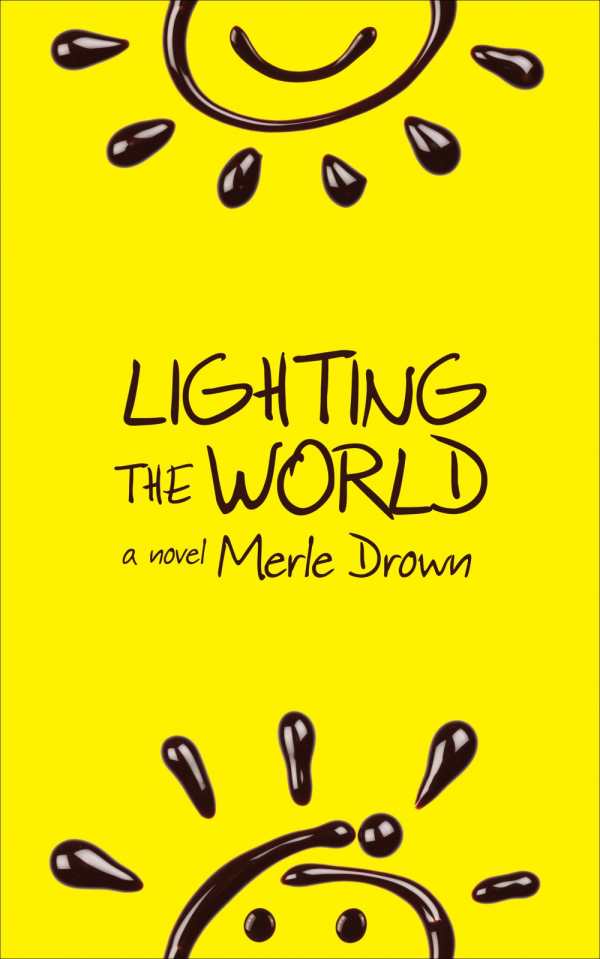Lighting the World
This dark yet moving portrait of two teens both escaping and creating violence delves deep into the teenage psyche.
“If you have a gun, you don’t need a role model.” In the dark but compassionate novel, Lighting the World, by Merle Drown, these words are what sixteen-year-old Wade Rule pencils in for his starting sentence of Mr. B’s writing assignment, a reflective essay on the movie Shane. Wade is stuck in English class, stuck in a high school too big and too rich for him, and stuck in Rumford, New Hampshire, five times the size of Newfound, where he started and where he could just walk out from his backyard to do his favorite thing in the world: hunt game.
It’s the fall of 1985. Teenagers are saving up for cigarettes and VCRs. A high-school diploma promises a decent job. But Wade can’t get a grip. He has trouble fitting in, and since the move three years back, his parents have turned hard and abusive. “People change. You can’t depend on them,” he adds to his essay. After making a friend who’s dealing with her own troubling domestic situation, Wade hatches a plan to get them both out of town. But as Drown makes clear, it’s not enough just to have good intentions, and sometimes it’s a dangerous indulgence to imagine yourself a savior.
Drown’s novel is not a bird’s-eye view of a town in crisis, nor a calm reflection on past events. It’s told primarily from Wade’s point of view, and events unfold in real time. This approach maintains a good pace and keeps the narrative grounded in action. But the story holds tight to a protagonist who is increasingly blind to any poetry in the world, and from this, perhaps, the prose feels stunted. Too often emotions, such as “Wade felt like a deer,” are blandly told rather than implied through the dynamics of a scene. Still, the narrative does a more than admirable job of delving into the psyche of the kids who, generation after generation, interpret the messages of the world and decide to find solutions in violence and guns.
Reviewed by
Jennifer Williams
Disclosure: This article is not an endorsement, but a review. The publisher of this book provided free copies of the book to have their book reviewed by a professional reviewer. No fee was paid by the publisher for this review. Foreword Reviews only recommends books that we love. Foreword Magazine, Inc. is disclosing this in accordance with the Federal Trade Commission’s 16 CFR, Part 255.

